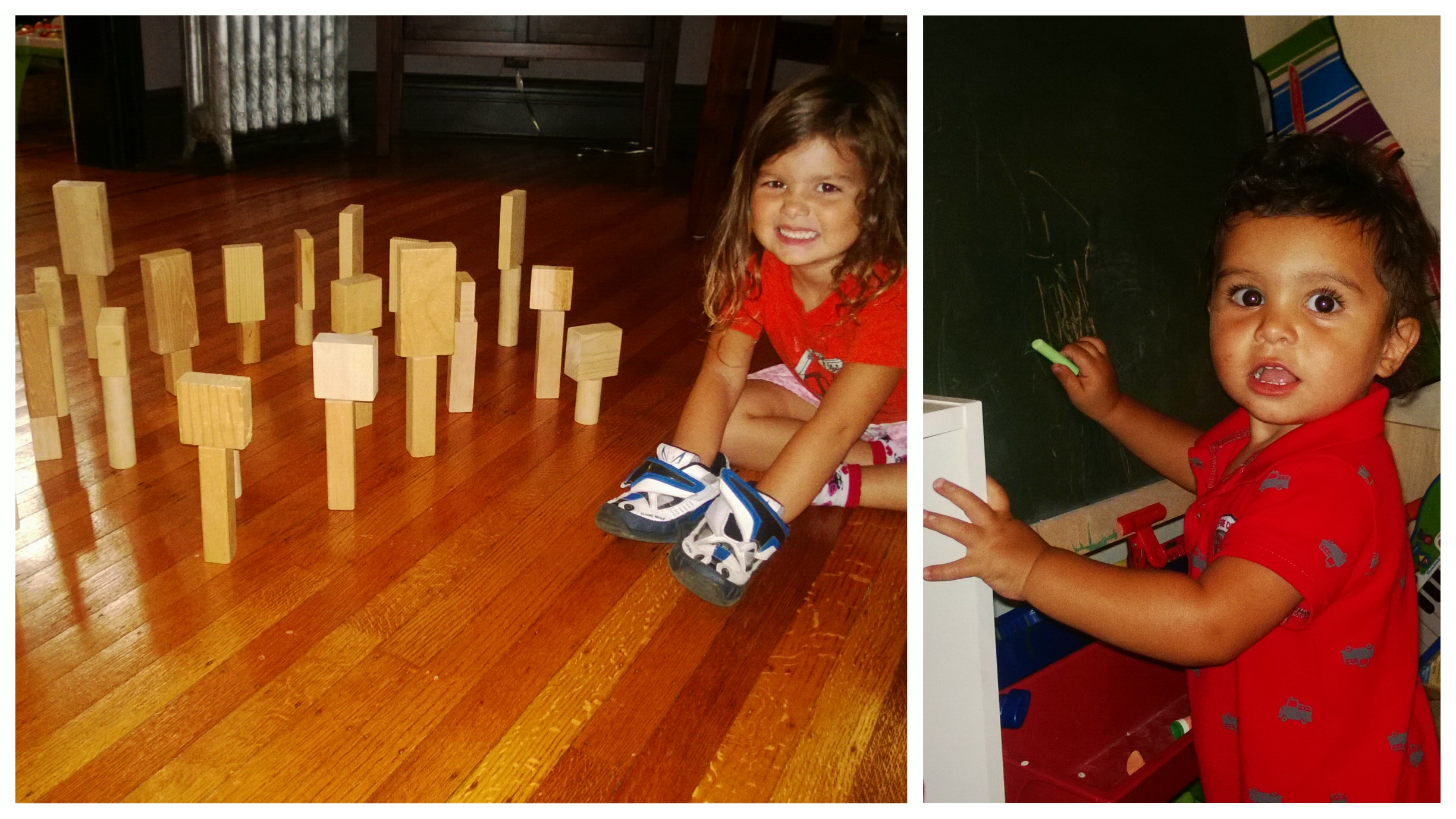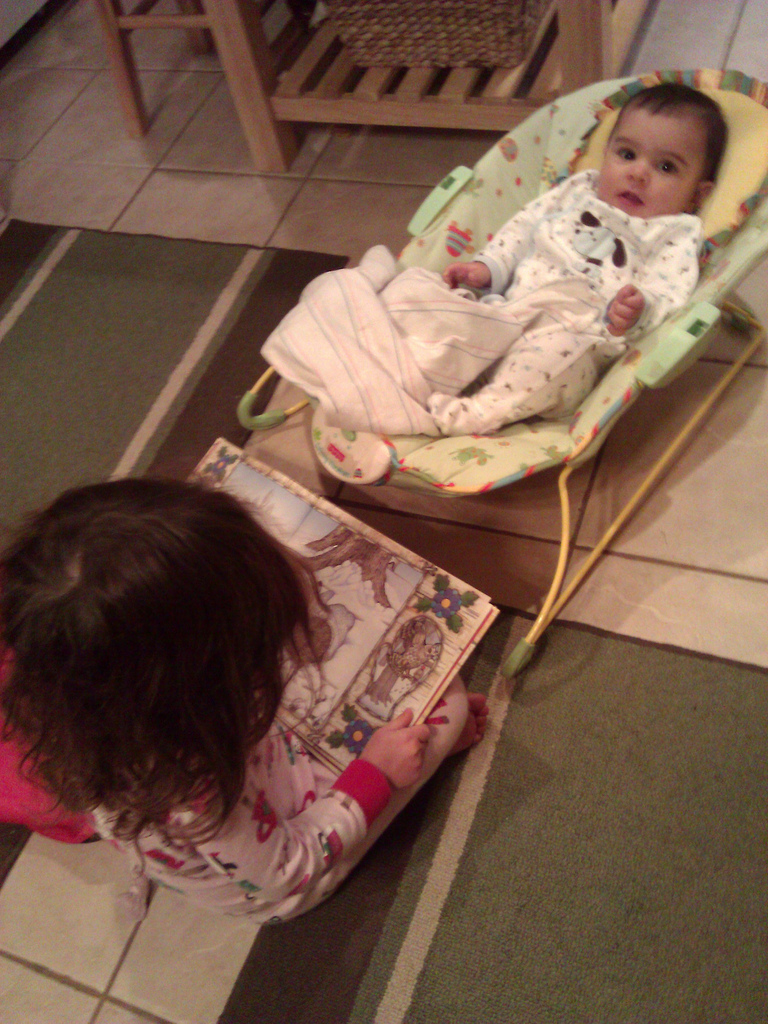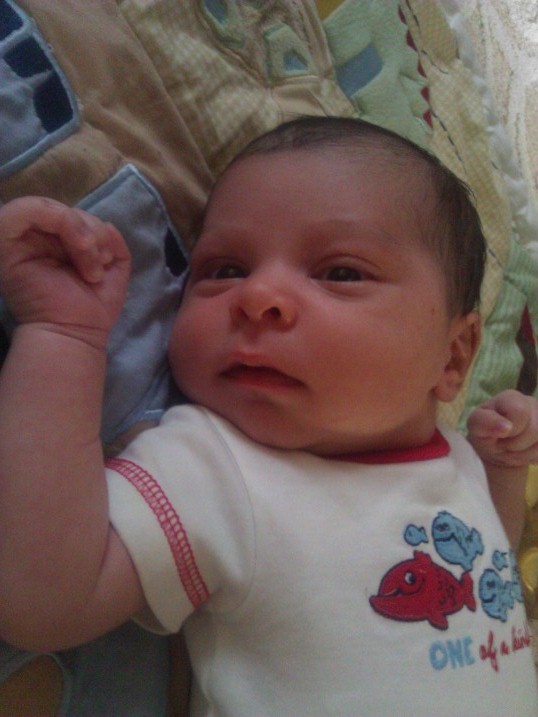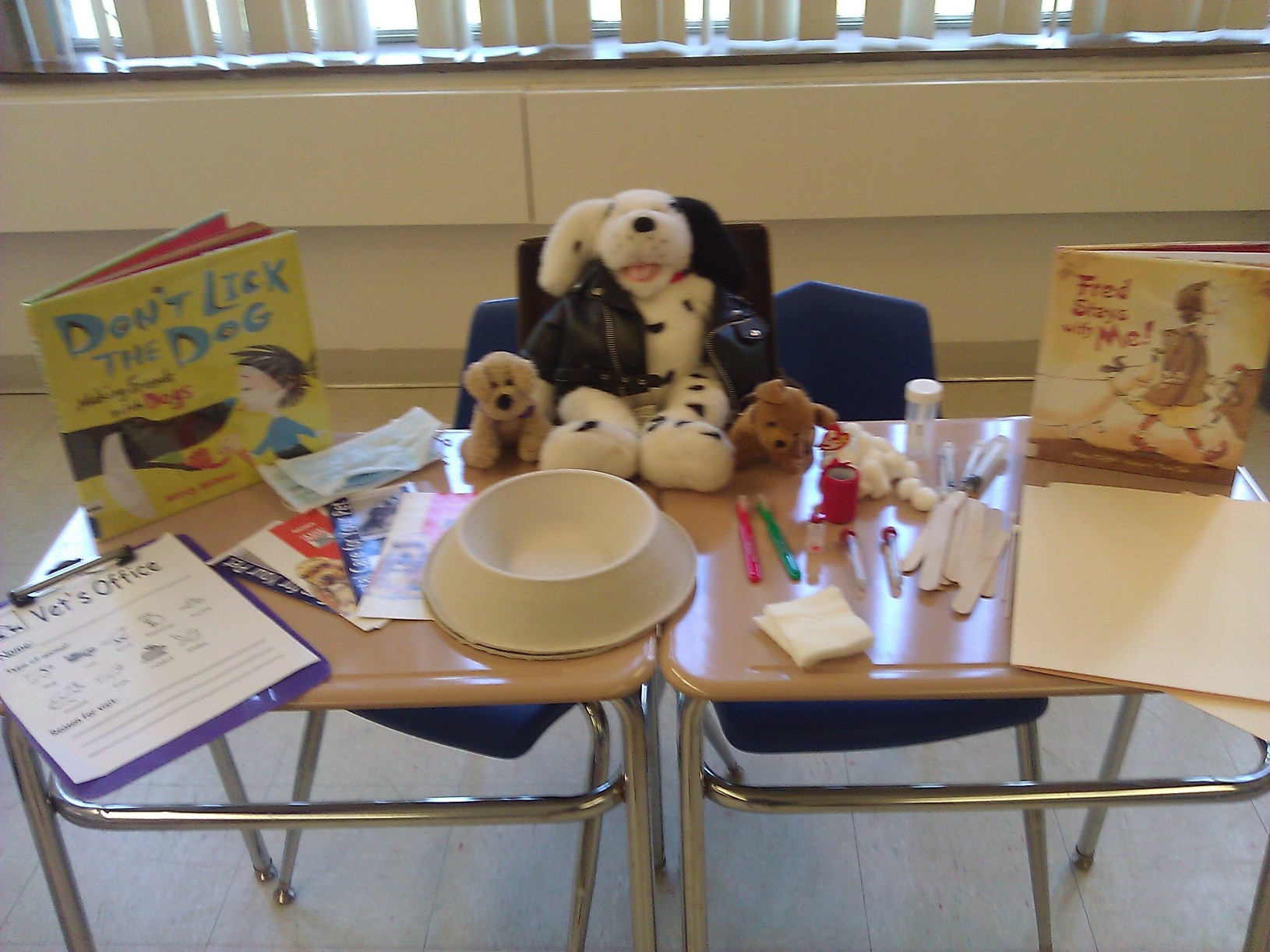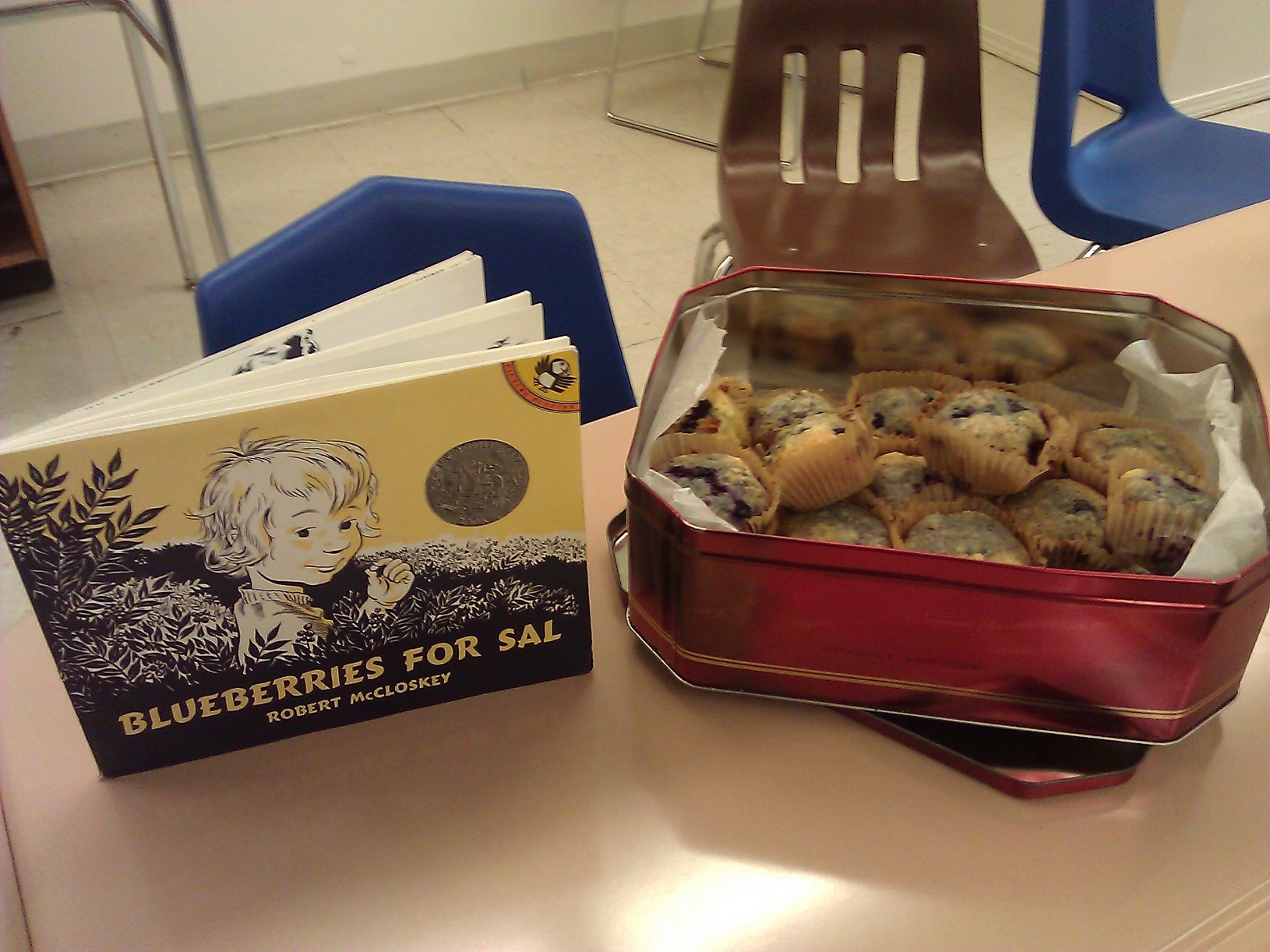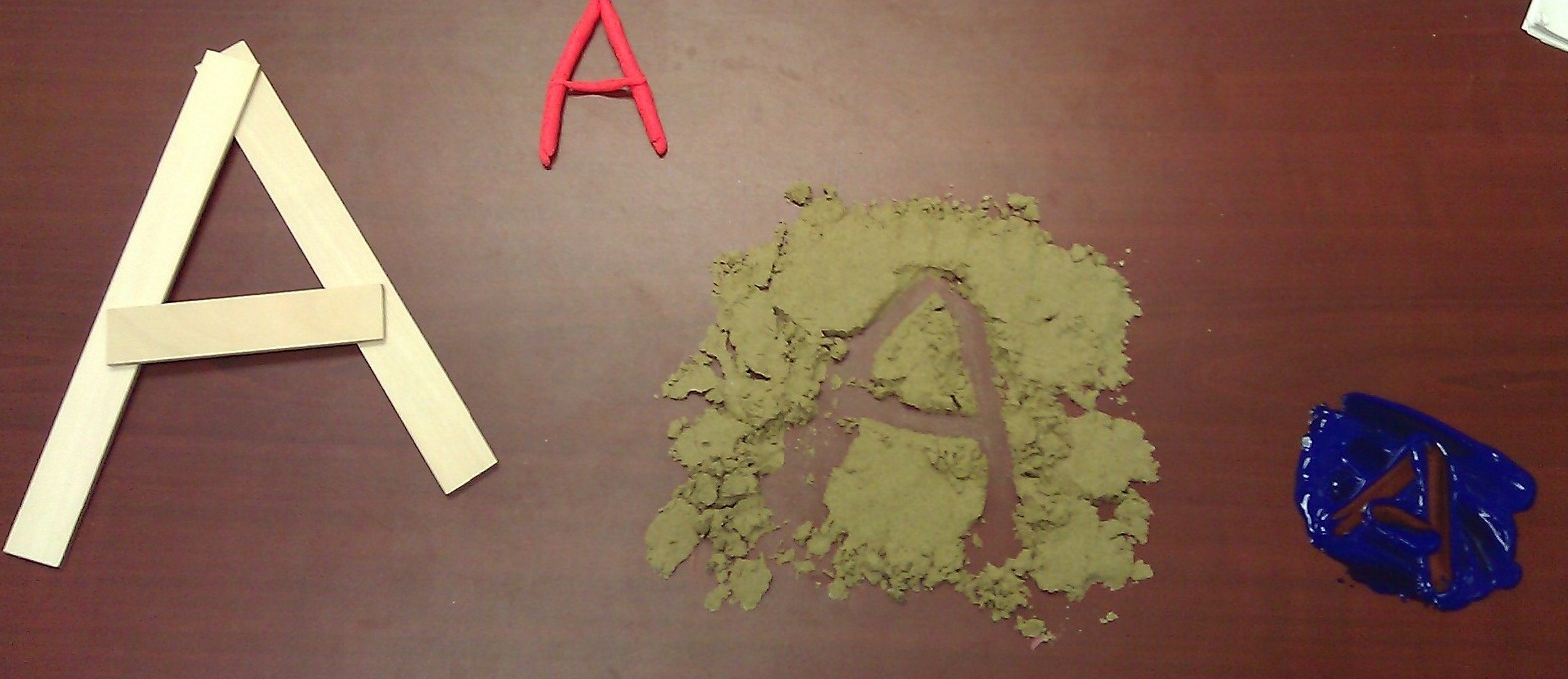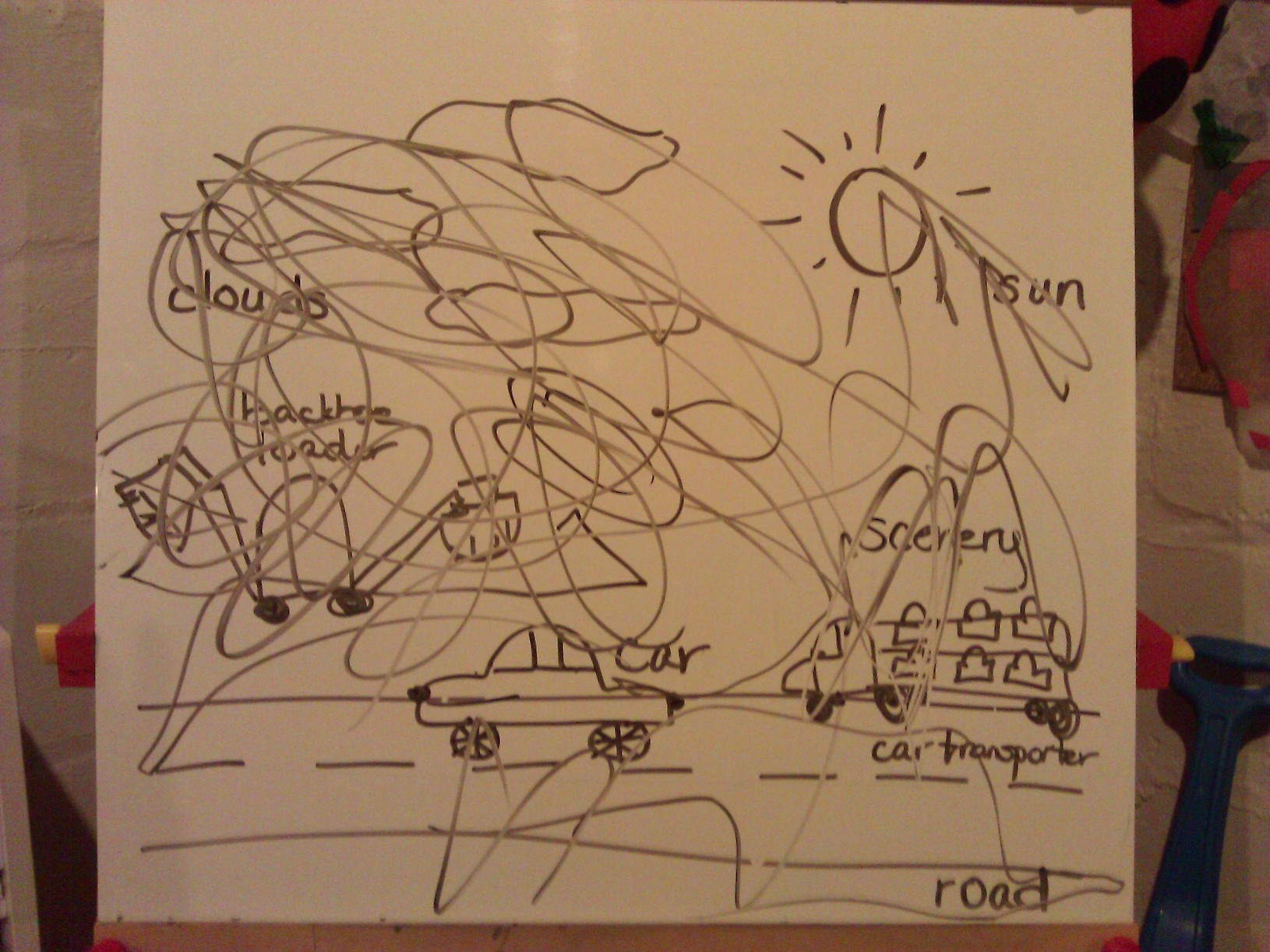Recently I did some work with Parents magazine about the importance of preschool and what a quality preschool looks like. The first topic I was asked to address is something that I am asked often: How do you “prepare” a child for preschool? My answer is always to remember three things: Talk to them, Read to them and Let them PLAY. Continue reading “How to Get a Child “Ready” for Preschool”
Category: Be a PhD
Information about children’s learning and development paired with simple materials and activity ideas. Read on and earn your PhD!
Read Read Read to your kids!
I brought home a book from my office that we haven’t read with the kids before (The Mitten by Jan Brett). I told Miss H that we would read it after breakfast. She asked to hold it and said “Mommy I’m going to read it first.” She then sat down on the floor in front of her little brother in the bouncy seat and began to “read” the book to him. And what a story it was! It was a story of animals and snow and some made up words in between. Mr. M watched and listened intently, and added his own “words” when he felt it was necessary. They created their own “Shared Book Experience” all on their own. Continue reading “Read Read Read to your kids!”
Some Tips for Understanding and Responding to Newborns and Young Infants
On May 24th our family happily welcomed Baby M. The past 3 weeks have been wonderful as we watch him get acclimated to the world, our family and especially his big sister Miss H. Every day I am reminded of both how amazing infants are and how important it is to meet their needs . When we meet infants needs and understand them, they learn to trust the world. This trust is the building block for the rest of their learning and development. Continue reading “Some Tips for Understanding and Responding to Newborns and Young Infants”
Prop Boxes in Early Childhood Classrooms
“Prop Boxes” are essentially a box full of materials related to the same theme or topic. The children play with the materials, act out scenarios related to the theme and add the materials to their own play. When using Prop Boxes in my own preschool classroom, I found that not only was the children’s play enhanced by using the materials, but their language and social interaction also increased. The children were eager to use the materials in their play and to represent the theme in the purest way possible. Continue reading “Prop Boxes in Early Childhood Classrooms”
Linking Children’s Literature with Cooking
Children’s literature is an obvious part of early childhood classrooms. Children learn about and come to understand the world through their experiences with fictional and nonfictional stories. Cooking is another part of early childhood classrooms that I feel should be just as obvious. The skills that children learn when participating in a cooking experience are too many to list: Math, Science, Literacy, Social/Emotional…and on and on. Continue reading “Linking Children’s Literature with Cooking”
First Explorations with Letters
Before children are even using writing utensils to attempt to write letters, they are making them with whatever they can find. Here are a few basic items to have in your classroom that children can use to explore the shapes, sizes and structures of letters for the first time: Continue reading “First Explorations with Letters”
Interactive Drawing with Toddlers
Interactive Drawing is a practice found in many early childhood classrooms. The premise is that a teacher explains to the children that authors use drawing to show their thinking on paper. It is also emphasizes that drawing is writing and can communicate a message. This is especially important for children who aren’t writing yet, and are still in the drawing stages. Because truthfully – they are writing! Continue reading “Interactive Drawing with Toddlers”
Basic Tips for ESL/ELL Instruction
Almost every classroom in the United States has children whose first language is not English. Early Childhood teaching strategies are very appropriate for working with this population of children. Here are a few tips for teachers with ESL children in their classrooms: Continue reading “Basic Tips for ESL/ELL Instruction”
Continue reading “Basic Tips for ESL/ELL Instruction”
The Different Types of Alphabet Books
ABC Concept books don’t focus on one specific theme for the book, but rather focus on learning the actual letters. The children will primarily learn the alphabet.
ABC Content books have one central theme and each letter represents something from that theme. The children will learn theme-specific vocabulary and the alphabet.
ESL/ELL Instruction – It’s easier than you think!
Whether you have ESL children or not in your classroom, having a variety of word games to be played by pairs of students or small groups is ideal. Pocket charts are great for these types of games. The key is to do activities where all students can interact and move around. Continue reading “ESL/ELL Instruction – It’s easier than you think!”
